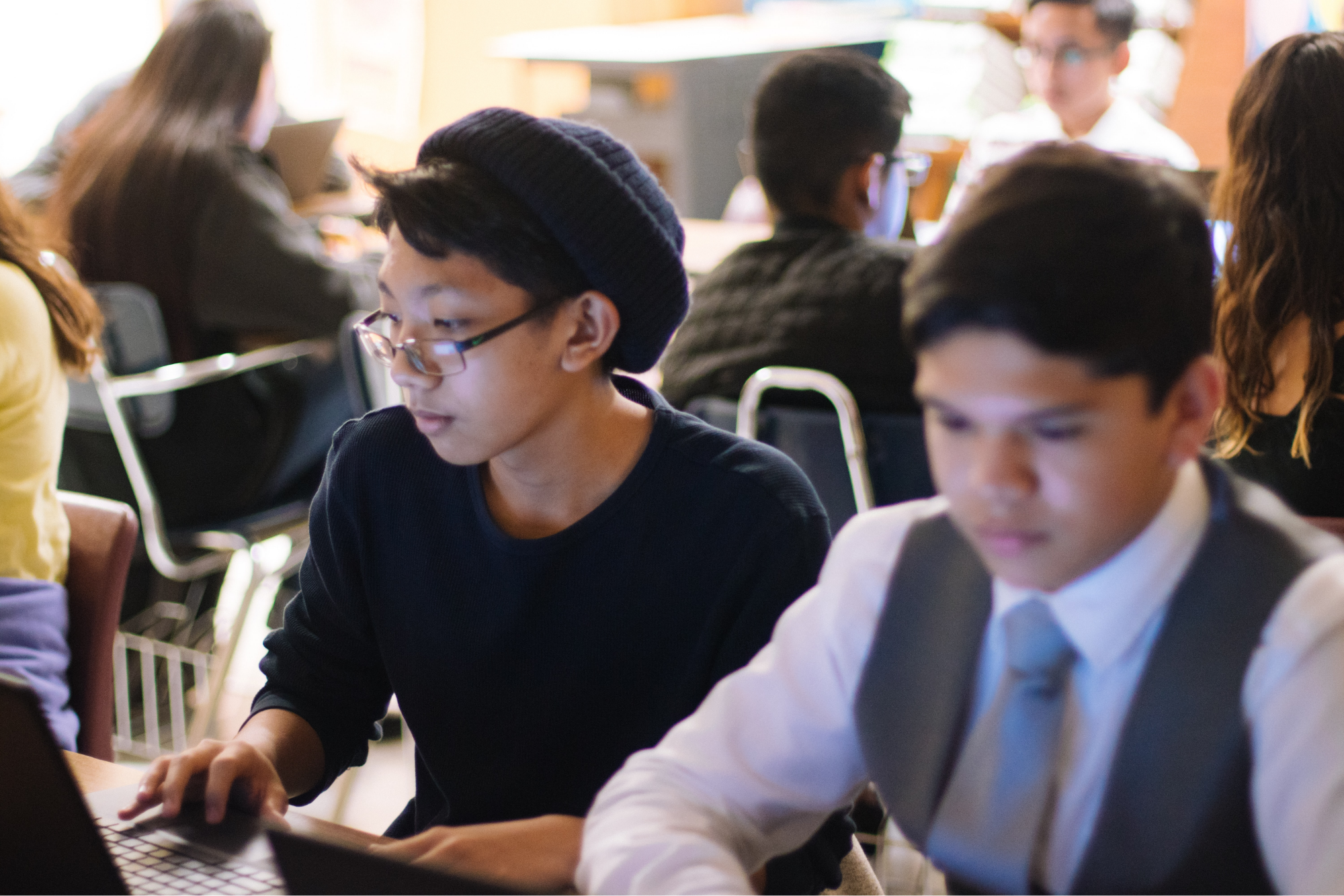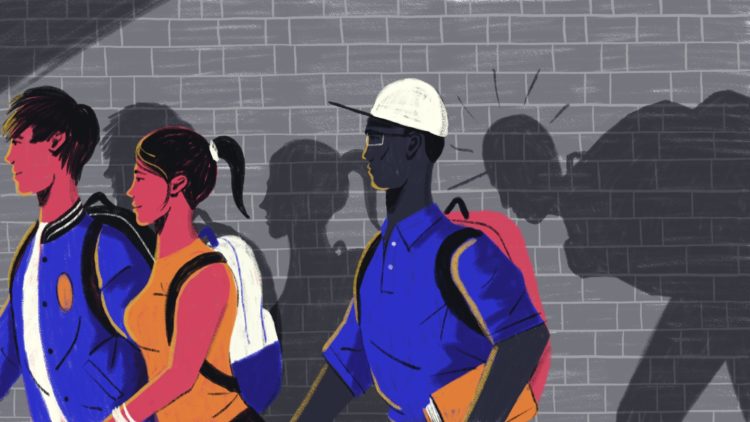These resources offer recommendations for applicants seeking to propose research that is aligned with the Foundation’s focus area on reducing inequality.

Research Grants on Reducing Inequality
Applicant Resources
Applicant Guidance
Annotated Proposals
Recommended Reading
Applicant Resources
Applicant Guidance
Annotated Proposals for Research
Grants on Reducing Inequality
- Immigration Status and Higher Education: Evidence From a Large Public University
Amy Hsin and Holly Reed, Dept. of Sociology, Queens College, City University of New York; Sofya Aptekar, Dept. of Sociology, University of Massachusetts Boston; Thomas DiPrete, Dept. of Sociology, Columbia University
February 2017–January 2020, $600,000 - Using a Facilitated Collaborative to Build Racial Equity in Higher Education Institutions
Shazia Miller and Rachel Carly Feldman, NORC, University of Chicago, Dept. of Education and Child Development; Johanna S. Quinn, Fordham University, Dept. of Sociology and Anthropology
September 2021–August 2024, $518,546
Recommended Reading
The following resources address three critical considerations in proposals for research on reducing inequality: 1) rich conceptualizations of what it means to reduce inequality, 2) robust methods for studying efforts to reduce inequality, and 3) research agendas that propose ways to reduce inequality. We encourage you to read the resources below and consider the research agendas outlined as you develop a proposal.
Conceptualizing Reducing Inequality
Digest, Issue 05: Winter 2019-20
This essay describes how strong conceptualizations of inequality can inform subsequent efforts to identify and study appropriate strategies for reducing inequality. Irons offers specific examples of how grantees have employed rich conceptualizations of inequality to inform their own studies, and outlines considerations for researchers to attend to as they propose their own efforts to develop, test, or inform strategies to reduce inequality.

This essay describes the Foundation’s approach to supporting research on reducing inequality. Grounded in a discussion of educational inequality, Gamoran’s essay offers new approaches to thinking about inequality, identifies key leverage points for reducing inequality, and examines the potential for research to inform effective responses to inequality.

This commissioned paper examines the micro-level social processes that contribute to the social exclusion of disadvantaged racial/ethnic and socioeconomic groups and offers insight into the ways that context can disrupt the effects of these processes. Burton and Welsh conclude with research and policy recommendations for strengthening social capital and social mobility among the poor that take these social processes into consideration

This commissioned paper synthesizes existing research on social inequality in the socioeconomic, health, political, and sociocultural domains. Carter and Reardon also offer a detailed conceptualization of what they mean by inequality. The paper concludes with a discussion of key gaps in the literature on inequality and ways to reduce inequality.

Methods and Measurement
Research Agendas for Reducing Inequality
This commissioned paper explores specific mechanisms driving disparities in mental health outcomes for minority children and adolescents, as well as protective factors and barriers to mental health care. The authors detail a research agenda for future studies to respond to mental health inequalities among youth.

Digest, Issue 04: Winter 2018-19
This essay puts forth a new frame for understanding and confronting racial inequalities. Darity discusses the structural roots of racial disadvantage and consequences of generations of anti-Black discriminatory policies. This essay also outlines a research agenda focused on specific policy responses to racial inequalities.

This commissioned paper offers an overview of existing research on crime, victimization, and the justice system response and describes the inequalities that exist prior to and emerge from justice system involvement. Building upon this discussion, Laub outlines a research agenda for future research on reducing inequality in justice outcomes for youth.

Digest, Issue 02: Spring 2017
This essay describes how the Every Student Succeeds Act (ESSA) offers an opportunity to improve academic outcomes for English learners. Louie examines specific research questions and data needs related to ESSA’s implementation that have the potential to improve English learners’ academic outcomes.

Digest, Issue 04: Winter 2018-19
This essay discusses the need for research to identify and develop ways to address macro-social structures that form the basis of existing inequalities. Smeeding also outlines a research agenda for identifying policy solutions that can disrupt the foundations of inequality and improve outcomes for youth.

This commissioned paper explores six drivers of inequality for immigrant-origin children and youth and considers how school and family contexts might facilitate efforts to improve outcomes for immigrant-origin youth. The authors also outline relevant areas for future research to reduce immigration-related inequality.

Digest, Issue 04: Winter 2018-19
In this essay, Yeager draws upon insights from his research on mindset interventions to reduce inequality in order to respond to critiques that studies of programs and practices to reduce inequality do not address the underlying contexts in which these inequalities exist.




